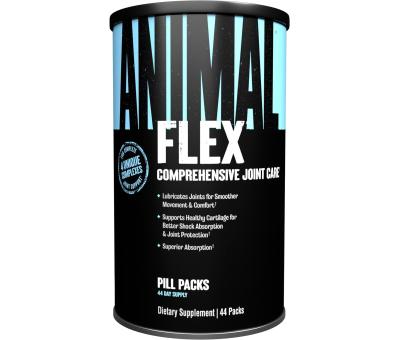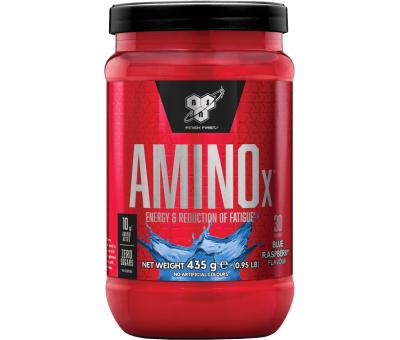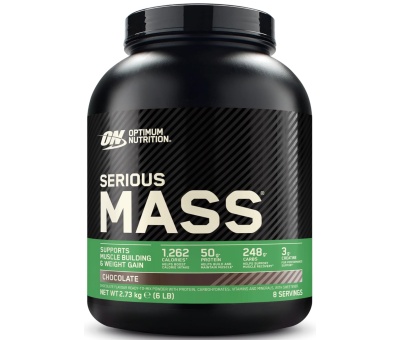- Science-Based Nutrition™
- Supports GI Health
- Dietary Supplement
- Non-GMO
- Gluten Free
- Soy Free
- Vegan
What is Doctor’s Best PepZin GI®?
PepZin GI ® is an exclusive, patented complex of zinc and L-carnosine that was first developed in Japan and has been in use since 1994.1 This special chelated form of the mineral zinc has a unique ability to exert its effects directly on the cells of the stomach lining. When zinc is complexed to L-carnosine, it dissociates in the stomach at a slower rate. This prolonged existence allows it to maintain its gastric support effect over a longer of time. The proprietary chelation process along with excellent scientific research make PepZin GP your best choice for gastric health.
Helps relieve occasional gastric discomfort
In a multi-center, placebo-controlled, comparative double-blind study, 299 participants with symptoms of gastric discomfort were randomly allocated into one of four groups for 8 weeks. Of the 258 people who completed the trial, 136 were in a group receiving zinc-L- carnosine. Of them, 92% support for symptoms including heartburn, tenderness, diarrhea, and constipation after 8 weeks.
Maintains a healthy GI environment
The mineral zinc in PepZin GI® is a critical component to a number of physiological processes in our bodies. Some of these functions include growth and metabolism of cells, cell repair, and maintenance of carbohydrate and lipid metabolism.
Support the health of gastric cells
PepZin GI® has been studied for its ability to prevent free radical damage to gastric cells. In one such study, rat gastric cells were exposed to ethanol and hydrogen two substances known to cause free radical damage to living cells. Cells were bathed in hydrogen ethanol, zinc-L-carnosine, or a combination of zinc-L- carnosine with either ethanol or hydrogen peroxide. While the cells bathed in ethanol and hydrogen peroxide solutions all exhibited signs of damage due to free radical production, the cells that were bathed in zinc-L-carnosine were largely protected from the effects of free radical damage. The authors concluded that the zinc compound directly protected gastric mucosal cells from oxidant stress.



